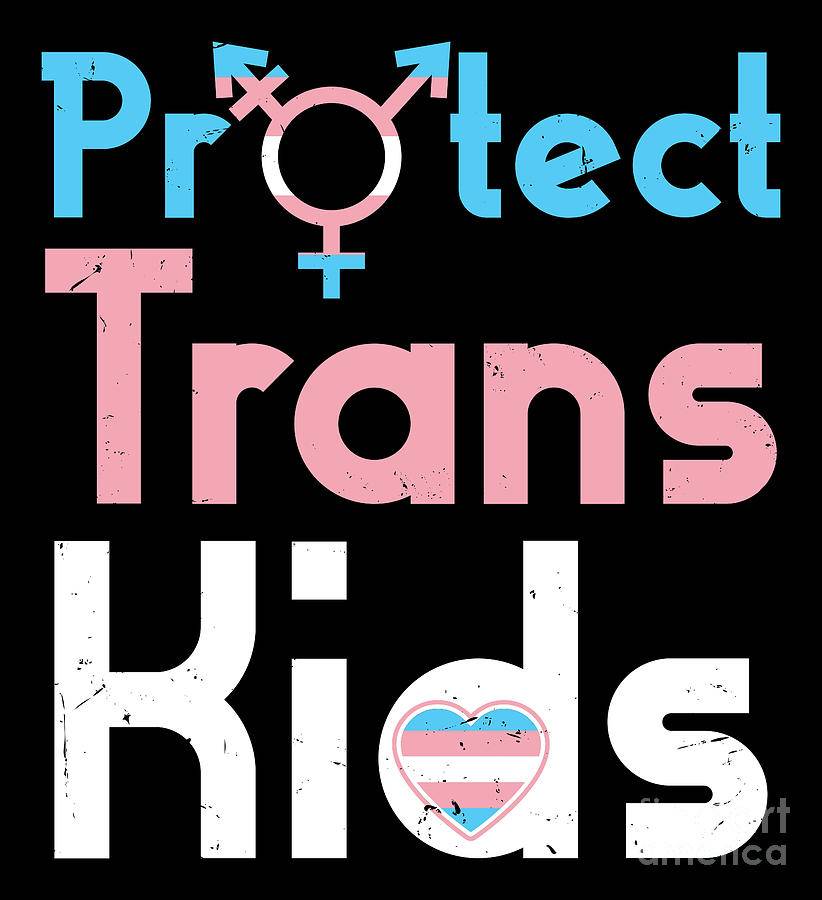Study: Puberty Blockers Help Trans Teens
A new study in the United Kingdom has concluded that puberty blockers have a beneficial impact on the happiness and overall well-being of transgender youth.
A joint team from the University College London and the NHS Gender Identity Development Service, a national health clinic focusing on children with gender identity issues, examined short-term outcomes from the use of puberty blockers in young people ages 12 to 15 who have persistent gender dysphoria. The study found that most patients reported either positive or a healthy mixture of positive and negative life changes while undergoing puberty-blocking treatments.

The vast majority of the young people in the study went on to take hormone treatments that correspond with their gender identity.
“Gender dysphoria and body image changed little across the study,” the researchers wrote. “This is consistent with some previous reports and was anticipated, given that [the use of puberty blockers] does not change the body in the desired direction, but only temporarily prevents further masculinization or feminization. Other studies suggest that changes in body image or satisfaction in [gender dysphoria] are largely confined to gender affirming treatments such as cross-sex hormones or surgery.”
Most participants reported feeling happier and more comfortable and said they had better relationships with family, peers, and with their own sense of gender. A minority of the youth in the study (12% at 6 to 15 months, and 17% after 15 to 24 months) reported only negative changes, which were typically tied to anticipated side effects like mood swings, tiredness, hot flashes, and feeling more emotional.
None of participants, however, decided to stop treatment because of any negative changes or side effects.
The new study comes two months after a U.K. court ruled that trans youth under the age of 16 do not have the ability to meaningfully grasp the effects of medically transitioning, and instituted a judicial process before they can be prescribed puberty blockers.
As ‘Them’ reports, other studies have also backed the use of gender-affirming medical treatments for trans and gender nonconforming youth, citing overall positive effects on their mental health and overall well-being. Last year, a paper published in the journal Pediatrics found that trans youth who have access to puberty-blocking hormones are significantly less likely to contemplate suicide. In an interview with Newsweek, the paper’s lead author said that transgender youth who opted for puberty blockers were less likely to experience suicidal ideation compared to those who were unable to access them.
Aside from treatments such as puberty blockers, researchers have found that trans and nonbinary youth who have access to binders, shapewear, and gender-affirming clothing reported lower rates of suicide attempts in the past year compared to youth who lack access to those items. According to The Trevor Project’s National Survey on LGBTQ+ Youth Mental Health 2020, among the trans and non-binary youth who reported a suicide attempt, 26% did not have access to these vital garments, compared to 14% who had some degree of access.
Ensuring that trans youth have access to gender-affirming care is a top priority of the new White House administration. During his campaign, President Joe Biden pledged that he would “flat-out change the law” to protect transgender youth from discrimination, and his LGBTQ+ platform included a pledge to expand access to healthcare for queer and trans people.
Biden also recently nominated Dr. Rachel Levine, who is currently Pennsylvania’s top health official, to serve as assistant secretary of health. If her nomination is approved, Levine would become the first openly transgender federal official to be confirmed by the U.S. Senate.
However, these crucial shifts come as some states move forward with legislation that targets transgender and non-binary young people. Last month, Montana’s House of Representatives passed two anti-trans bills: one that would prevent trans women and girls from competing on school sports teams that correspond to their gender identity and another proposal that would punish healthcare providers for “unprofessional conduct” if they prescribe gender-affirming treatments for trans youth. Prior to the passage of both pieces of legislation, more than 150 local and national businesses opposed the bills in an effort led by the ACLU of Montana.
Read related myGwork articles here:
Stonewall Intervenes in NHS Appeal Against Pubery Blockers Ruling
NHS Launches Appeal Against Puberty Blockers Court Ruling
High Court Rules On Under-16's Access to Puberty Blockers
UK Trans Teen In Legal Action Over NHS Gender Clinic Delay
Keep up to date with the latest myGnews

